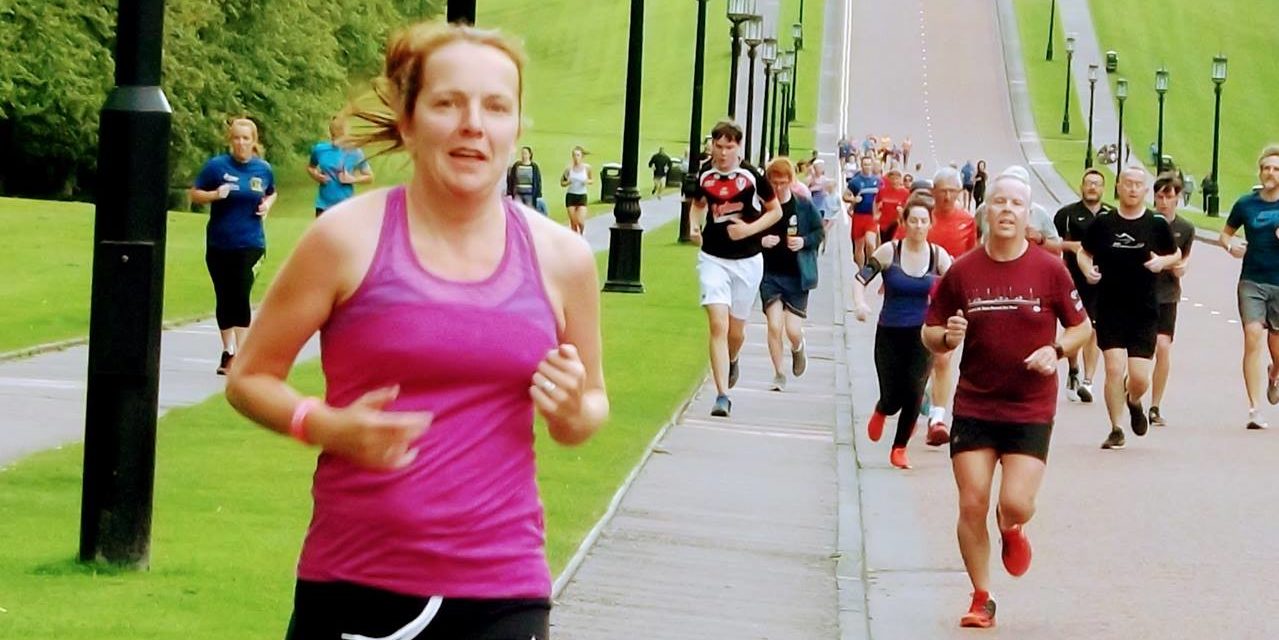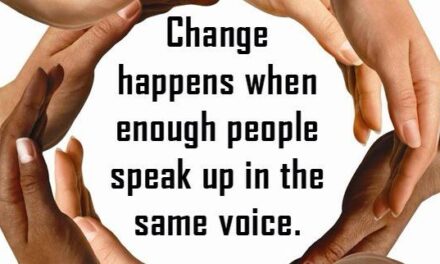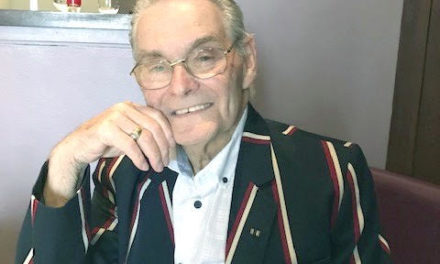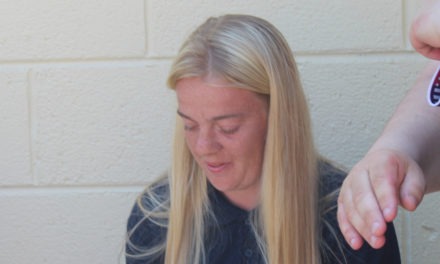“A lot of young people are into ethical approaches to doing business such as upcycling and people-based services. They’re telling me there‘s a real opportunity here for credit unions to reach out to that mindset,” says Olive McCarthy.
Interview with Olive McCarthy, UCC’s Centre for Co-operative Studies.
1. Name a favourite artist/performer?
Mario Rosenstock – I could listen to him anytime of the day or night.
2. What is the most recent book you read?
The only books I read nowadays are children’s books for my 7-year-old son. We’ve read the full series of Tom Gates’s books (by Liz Pichon). They’re hilarious.
3. What are you watching on tv?
I’m a big fan of Netflix, because you can press pause. I binged on The Queen’s Gambit – after 24 hours I had seen the full series.
4. Who is your favourite comedian/comedy?
Frasier – I have all the boxsets. It’s intellectually funny but down to earth.
5. Who are two of your all-time heroes?
John and Pat Hume, for obvious reasons. They regularly got bullets in the post and had to leave the house at short notice. She was very heroic behind him.
He also got the credit union movement going in Derry. He knew how to promote an idea, but he was also intuitive in knowing when it was time to step back and let people at it.
She was a teacher, so she was the chief breadwinner when he wasn’t earning money. She kept the whole show on the road in the background.
They came to UCC in 2005 to launch a book with us called ‘Helping Ourselves: Success Stories in Co-operative Business and Social Enterprise’. It was a privilege to meet them.
6. Name two social inclusion issues in Ireland today not getting the focus they deserve.
Firstly, Direct Provision and the conditions that we all but force people to live under without allowing them enough freedom. I joined the Sanctuary Runners initiative set up by Graham Clifford and became somewhat familiar with the issues they face, cramped conditions, an unhealthy environment…
Knowing people in DP through the running has changed my perspective. On a cold or wet morning, running equalises everyone.

• Cork Sanctuary Runners gear up for this year’s marathon. Pic courtesy of @SanctuaryRunner
Secondly, financial inclusion and exclusion. I’m on the board of MABS Support nationally – there’s a huge role in educating young people… financial resilience. We continue to have 10/15% of the population who suffer some kind of financial exclusion.
7. Is Community Development going to get stronger or weaker?
The more we see that there are dire needs, community development will come to the fore.
Communities will have to rally and deliver much-needed services, and that’s where the co-operative model really fits. The islands for example suffered from crises over the years and the communities there mobilised themselves.
The more we realise we all have something to contribute, the better.
8. We previously covered your report calling for legislation to regulate money-lending. Where are we now on that issue?
The cogs are in motion and the will is there to change it. It is moving in the right direction.
In early 2019, Pearse Doherty (SF) brought a bill forward to cap the rate charged by moneylenders at 36% APR. The Government itself has now (proposed) to cap the cost of credit at 1% per week – essentially up to a maximum of 48% flat interest. It sends a clear signal that a cap will be introduced.
This year, we made a submission to the Oireachtas that is undergoing legislative scrutiny at the moment.
9. What would help most for credit unions to reach their potential?
The biggest challenge credit unions have at the moment is the low level of lending, but put that aside. When you look at any co-op that is struggling throughout history, you can usually pinpoint it to one or other of the co-op principles that aren’t being implemented properly.
The principle of education, training and information is (not stressed enough). There’s an information deficit.
I take 4th year commerce students and when they start they don’t quite grasp the credit union model. By the end of that module they’ve all joined their Credit Union.
A lot of young people are into ethical approaches to doing business such as upcycling and people-based services. They’re telling me there‘s a real opportunity here for credit unions to reach out to that mindset among young people – that it’s not profit based, that when you borrow from a credit union it’s a very different kind of lending.
10. Your research on flaws in the ‘Buy Now-Pay Later’ sales pitches to consumers was published recently. Why are poorer people at risk?
The impulsive nature is the problem. If you miss a payment, eventually your debt could be passed onto a debt-collection agency and it’s largely unregulated.
The big issue for me is the habit. It’s too easy to buy stuff on credit without much by way of credit checks. For younger people, click this button and away you go. It gets them into bad habits. In my day, we had to save before buying. I felt huge pride buying my first bike aged 12. Having to save holds you back in terms of consumption. Buy-Now, Pay Later makes consumption too easy.
11. Why should people consider applying for courses provided by UCC’s Centre for Co-operative Studies?
UCC has the only centre like ours in the country.
We have very specialised masters programmes. We have an on-campus 12 months M.Sc. in co-ops, agri-food and sustainable development. Students spend seven months in the classroom and five doing research with businesses, projects or co-ops. It’s very applied and we get a lot of speakers in to give students the exposure to practice.
The placements they do are usually tailored to their interests and we’ve had students on placement, for example, with Change By Degrees (a social enterprise), the Quay Co-op, Carbery and FDC.
We normally do a lot of field trips – we were out last week to visit the zero-C farm in Carbery in West Cork which is 100% owned by four Irish milk co-operatives.
We have a range of scholarships to cover fees and stipends – just ask.
Another course we do is an online masters in co-operative & social enterprises. It attracts people working in the sector, looking for leadership development. It is tailored for those who are working full-time, volunteering, or who have caring responsibilities.
12. What other research are you and colleagues doing?
I’m researching energy efficiency in low-income households, particularly around retro-fitting, while my colleagues are currently carrying out research into agri-advice, men’s sheds, co-ops and elder care.
More info:
E: o.mccarthy@ucc.ie






